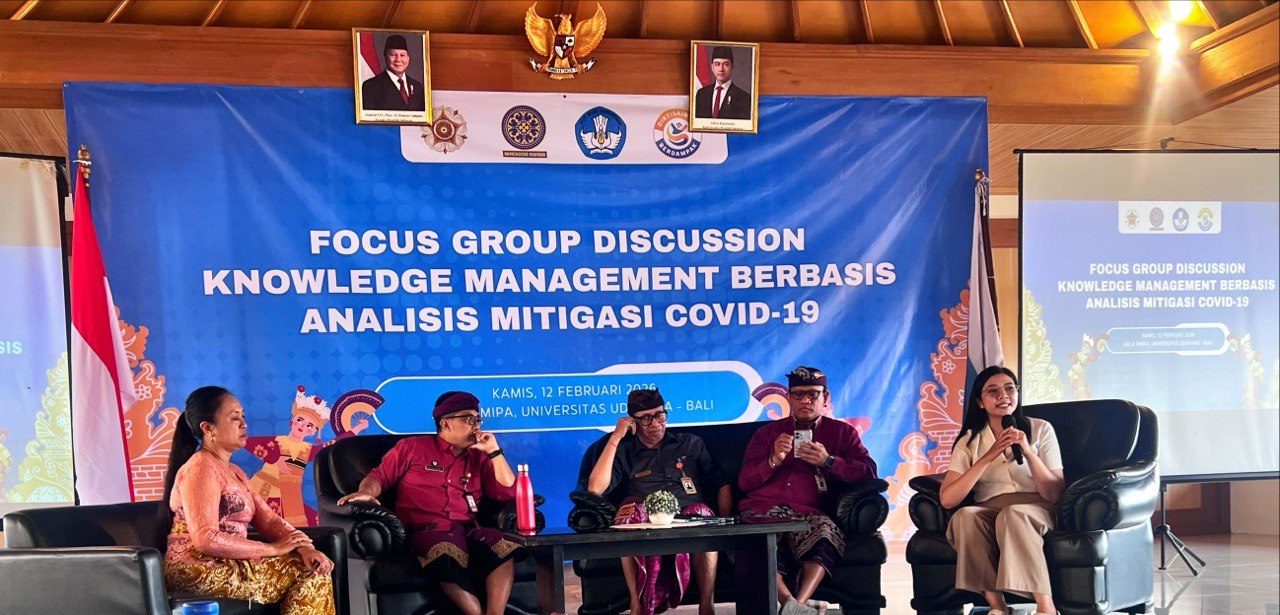Music Information Retrieval
This specialization supports understanding in music data retrieval and supports music data. Applied from Music Information Retrieval is the extraction of musical characteristics, musical pattern recognition, sound synthesis, music classification, music grouping, music collection, using algorithms included in machine learning and free computing. Graduates from this specialization are expected to be able to make one type of music information retrieval system that uses one of the methods of pattern development, machine learning or delivery training. In the approval / preprocessing of music data, can use methods in digital signal approval and sound synthesis.
Specific courses for this Music Information Retrieval specialization include:
- Music Information Retrieval System
Information retrieval that is relevant to the needs of users in the music field. Subject matter: Music Features for Measuring Music Similarities, Semantic Labels for Music, Music Meta-data, Music Based Similarities, User-Centric MIR, Collaborative Music Recommendations and Similarities, and others. - Digital Signal Processing
Includes audio and speech signal approval. Main Material: Sampling and Quantization, Discrete Time Signals and Systems, Laplace Transforms, Discrete Fourier Transforms, Z Transformations, Digital Filters, and others. - Pattern recognition
The branch of artificial intelligence that focuses on the method of classifying objects into specific classes. Subject matter: Feature Selection, Data Transformation, Dimension Reduction, Typical Features for Speech and Audio Classification, Template Matching and more. - Sound Synthesis
A computer system used to produce artificial sounds. Subject matter: Basic principles of Electronics and Akusti, Analog Synthesis, Hybrid Synthesis, Sampling, Digital Synthesis, Application of Sound Synthesis, and others. - Introduction to Machine Learning
Includes the design and development of algorithms that allow computers to develop links based on data. Subject matter: Decision Tree Learning, Supervised Learning Algorithms (Support Vector Machines, Artificial Neural Networks), Unsupervised Learning Algorithms, and others. - Introduction to Soft Computing
Collection of several debates that discuss the inaccuracy, conversation, and partial truth to be able to overcome easily. Main subject: Fuzzy Logic, Neuro-Fuzzy (NN + Fuzzy), Evolution Algorithm (Genetic Algorithm), Evolving Fuzzy Systems (EA + Fuzzy), and others.

.jpeg)

FACULTY OF MATH AND SCIENCE